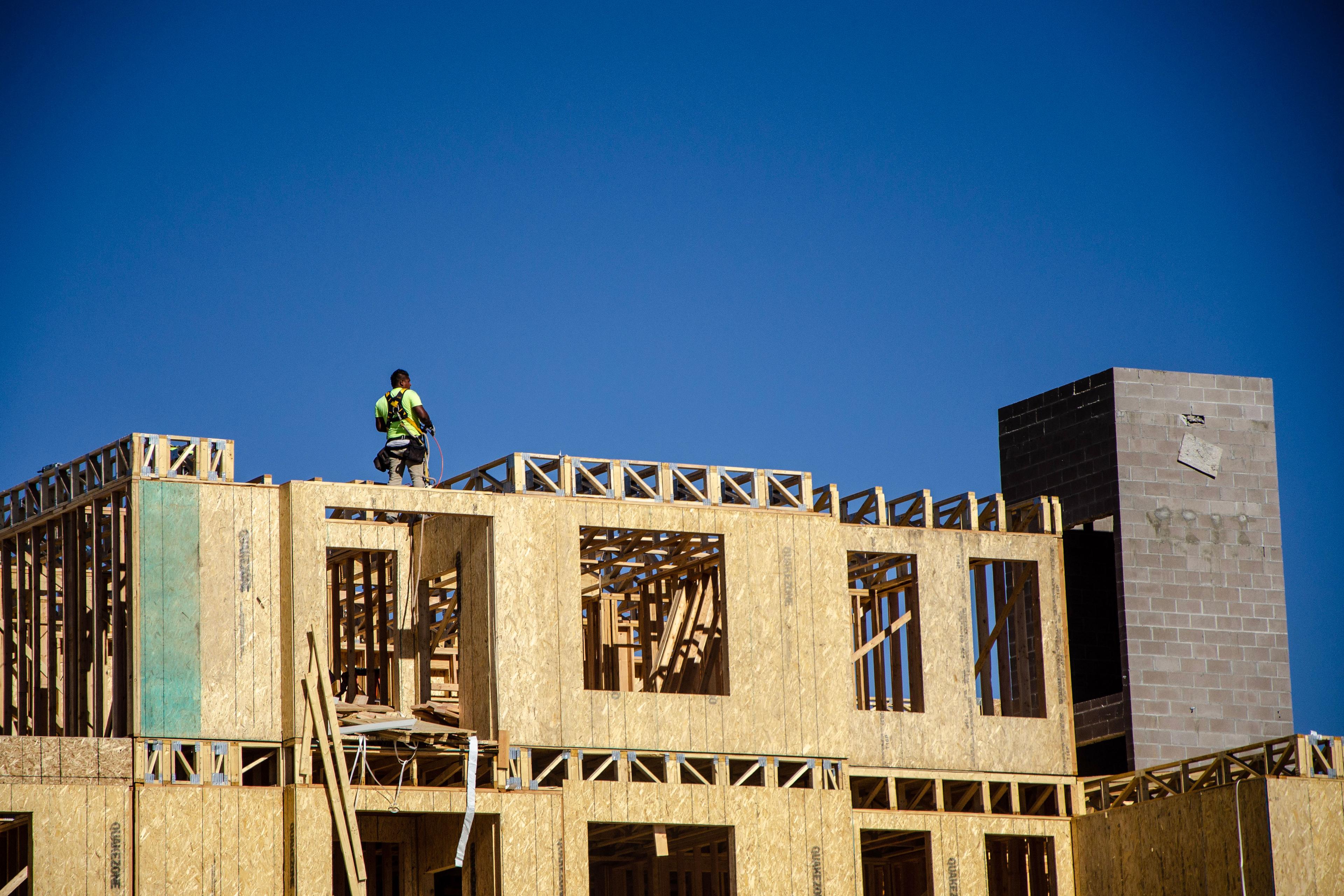
State labor officials are considering expanding the minimum wage and other workplace protections to every industry in Colorado.
Certain industries like agriculture and construction are exempt from rules that govern everything from break time and minimum wage requirements for workers.
"It demonstrates a huge, gaping hole in our minimum wage and overtime protections," said David Seligman, executive director of Towards Justice, a workers-rights group.
Colorado has wide latitude in adding new worker requirements on industries. And the current wage, break time and overtime regulations haven't been updated in two decades. Officials at the State Department of Labor and Employment said they aren't leaning one way on changes and are first listening to a wide range of voices, from business to workers.
If the department proposes changes, the draft rules would come out in the fall. But advocates say they should move quicker.
"Workers have waited for decades for these updates, and we don't see any reason to wait further," said Seligman, who gave credit to Gov. Jared Polis' administration for instigating the possible changes.
The minimum wage, in particular, has been a driving force for progressive groups for years. In 2016, Colorado voters approved Amendment 70, which mandated gradual increases in the minimum wage, rising to $12 an hour by next year. In Denver, city officials increased the minimum wage for city contractors and city employees to $15 and hour.
Workers-rights groups also want to see some salaried employees subject to overtime.
"That is going to have a significant impact on the restaurant industry if that passed," said Nick Hoover, manager of government affairs with the Colorado Restaurant Association.
Proponents claim the proposed changes won't be a burden to companies despite impacting "hundreds of thousands of workers."
"The logic there simply doesn’t work,” said Hoover, who added that many restaurants are running on thin profit margins in an environment where costs are rising for everything, including labor.
It's not just restaurants struggling with increased labor costs. The construction industry has increased wages rapidly as labor is scarce, and that's increased the cost of building on everything from new highways to new homes.
Still, a variety of industry and business groups around Colorado did not immediately respond to requests for comment.
Those pushing for protections said it's no coincidence that the industries that aren't covered largely rely on Latino workers.
"We're fighting about whether brown people, who predominantly do construction and do agriculture work, are again being targeted for not fair labor standards," said Ean Thomas Tafoya, co-chair of the Colorado Latino Forum.









